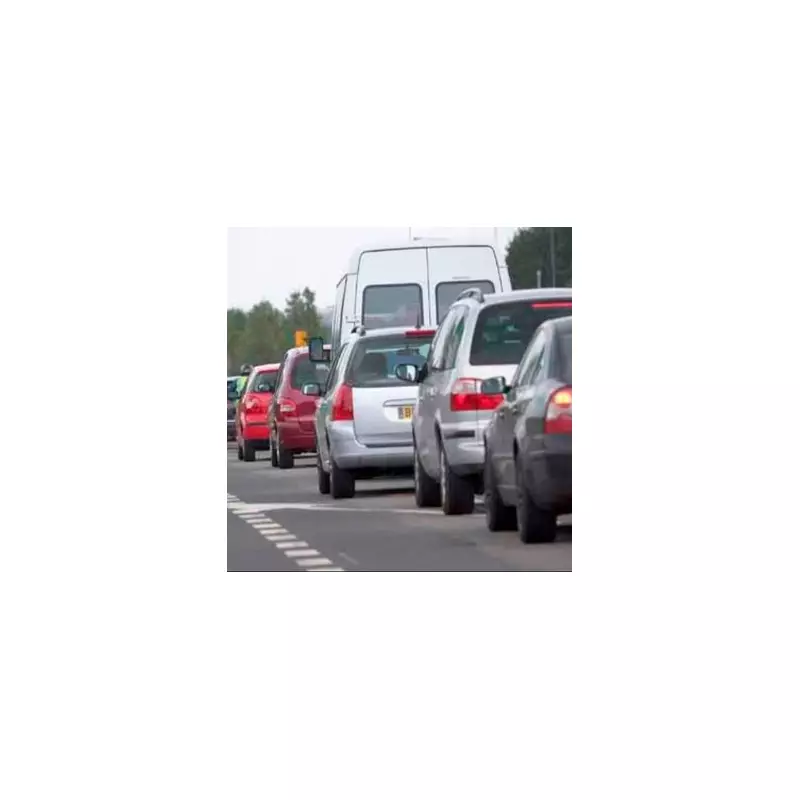
Millions of British drivers are potentially risking substantial fines and penalty points due to a commonly overlooked Highway Code rule that remains largely unknown to the majority of motorists.
The Hidden Danger in Rule 163
While most drivers focus on speed limits and traffic signals, Rule 163 of the Highway Code contains a specific requirement that could catch even experienced drivers off guard. This regulation governs overtaking procedures and includes a crucial detail that many motorists either forget or never learned.
What Most Drivers Are Getting Wrong
The problematic section states that when overtaking cyclists, horse riders, or pedestrians walking in the road, drivers must leave at least as much space as they would when overtaking a car. This means maintaining a minimum distance of 1.5 metres when passing vulnerable road users at speeds up to 30mph, with even greater clearance required at higher velocities.
The Cost of Getting It Wrong
Failure to adhere to this rule could result in severe consequences including:
- Fines of up to £1,000
- Three to six penalty points on your licence
- Potential disqualification from driving in serious cases
- Increased insurance premiums
Why This Rule Matters Now More Than Ever
With increasing numbers of cyclists and pedestrians on UK roads, coupled with recent Highway Code updates that prioritise vulnerable road users, understanding and following Rule 163 has never been more critical. Police forces across the country are paying closer attention to driver behaviour around cyclists and pedestrians.
Expert Insight: A Rule Designed to Save Lives
Road safety organisations emphasise that this regulation isn't just about avoiding fines—it's about preventing serious accidents and saving lives. The required clearance gives vulnerable road users adequate space and reduces the risk of collisions caused by sudden movements or loss of control.
The bottom line: Next time you approach a cyclist or pedestrian on the road, remember that giving them sufficient space isn't just courteous—it's legally required and could save you from significant financial and legal consequences.





